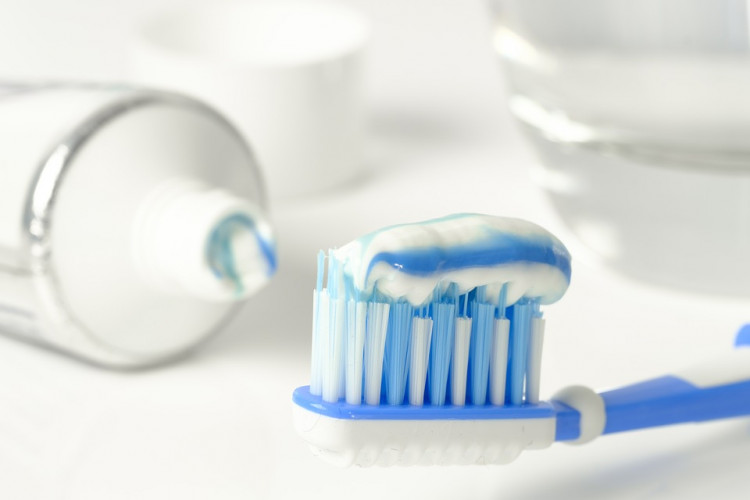Many oral hygiene products today vouch for their efficiency in keeping your teeth and gums clean and healthy, and some even come with add-ons for appeal and taste factor. That minty freshness we get after brushing our teeth can only come from essential oils, which can have damaging effects with prolonged use.
That tingly and fresh feeling we get after brushing our teeth and gums with a toothpaste incorporated with essential oils hides a dark secret--its adverse effect. Too much of a good thing does not last forever, and this applies to your toothpaste.
According to Dr. Mark Burhenne, creator and author of AsktheDentist.com, brushing with essential oils may seem like a great and natural idea. After all, it makes brushing more fun, tasty and relaxing. However, he recommends using it on occasion only and not every day as it can have negative effects on your teeth in the long term.
Essential oils are highly concentrated and contain a powerful antibacterial nature that when used regularly can upset your mouth's microbiome. Over time, this kills off the good bacteria that your mouth needs to fight gum disease and cavities.
High amounts of essential oils can damage the gum tissues and can prevent gums from functioning normally. Killing all the oral bacteria is something that should be avoided as a whole.
Dr. Burhenne likens the use of toothpaste flavored with essential oils to the intake of antibiotics. You take the medication only in dire situations when you need a "clean slate" to get rid of an infection. However, when used regularly, antibiotics can limit your immune system's ability to fight off diseases or any infection.
"Since your oral microbiome is the mouth's immune system, keeping it free of bacteria isn't actually a good thing."
Dr. Burhenne suggests doing a bit of DIY instead for the sake of fresh breath. A mouthwash made with a slew of natural ingredients mixed is a safer option. These ingredients include baking soda, turmeric, xylitol, L-arginine, whole cloves, calcium carbonate, and blue-green algae. You end up with fluoride and alcohol-free mouthwash.
However, if you want to use essential oils in toothpaste, then it is best to be mindful of its scent. A strong scent, say a peppermint smell, means there are too many bacterial-killing oils for daily use, while a light scent just has a miniscule amount of oil in it.






